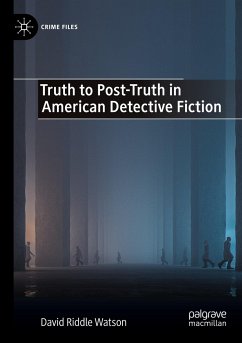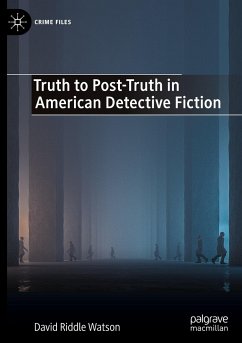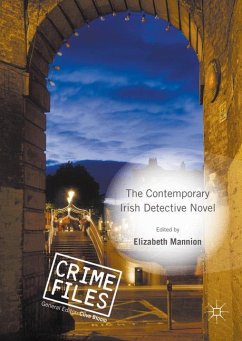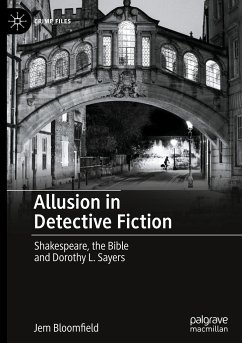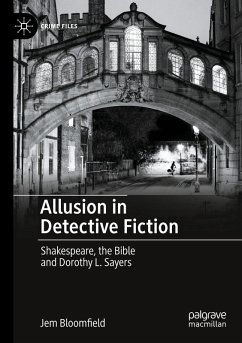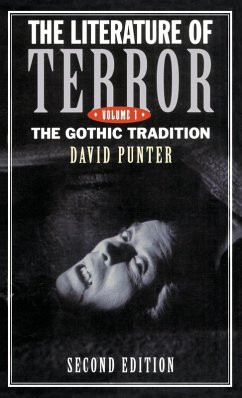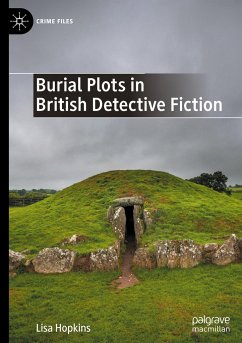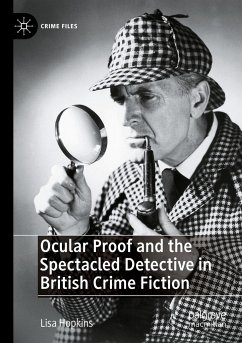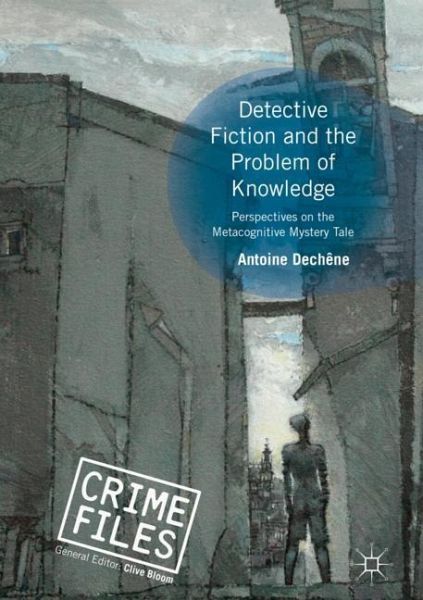
Detective Fiction and the Problem of Knowledge
Perspectives on the Metacognitive Mystery Tale

PAYBACK Punkte
38 °P sammeln!
This book establishes the genealogy of a subgenre of crime fiction that Antoine Dechêne calls the metacognitive mystery tale. It delineates a corpus of texts presenting 'unreadable' mysteries which, under the deceptively monolithic appearance of subverting traditional detective story conventions, offer a multiplicity of motifs - the overwhelming presence of chance, the unfulfilled quest for knowledge, the urban stroller lost in a labyrinthine text - that generate a vast array of epistemological and ontological uncertainties. Analysing the works of a wide variety of authors, including Edgar Al...
This book establishes the genealogy of a subgenre of crime fiction that Antoine Dechêne calls the metacognitive mystery tale. It delineates a corpus of texts presenting 'unreadable' mysteries which, under the deceptively monolithic appearance of subverting traditional detective story conventions, offer a multiplicity of motifs - the overwhelming presence of chance, the unfulfilled quest for knowledge, the urban stroller lost in a labyrinthine text - that generate a vast array of epistemological and ontological uncertainties. Analysing the works of a wide variety of authors, including Edgar Allan Poe, Jorge Luis Borges, and Henry James, this book is vital reading for scholars of detective fiction.





